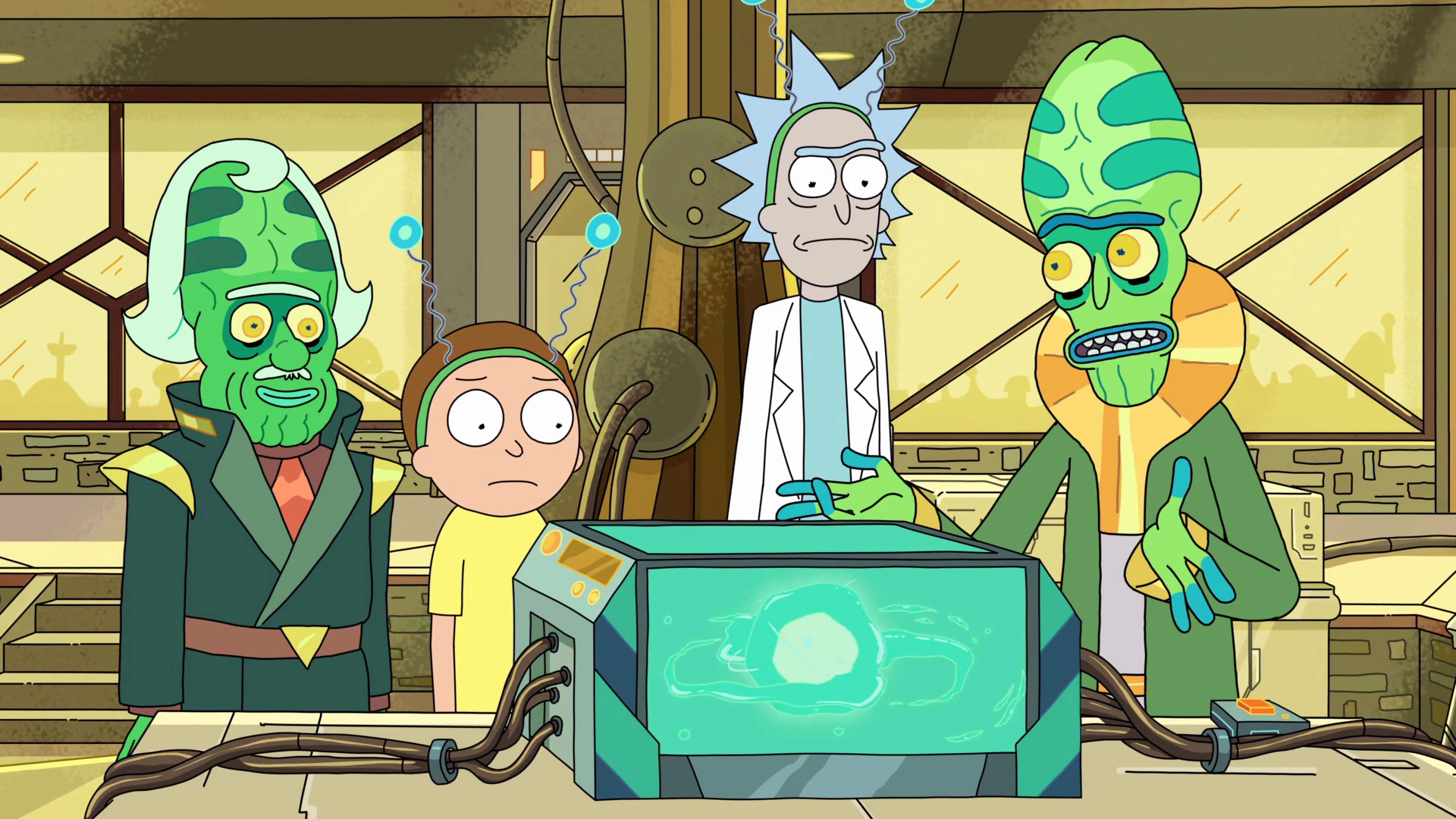This post is based on a preview version of iHunt, so final mechanics might change.
Our interview about the game with Olivia Hill
During our first session, one of the PCs got shot with a bullet and was in need of medical attention (you are playing fragile humans after all). When discussing our options, one of the players started solving the problem by trying to pin down some numbers - "how much did we earn from killing that vampire?", "what's the standard rate for a vampire? Is that even listed in the book?", "how much does a hospital visit cost?", "how much does a street doctor charge?", etc. However, as we found out, the game (at least in its current, preview state) didn't have any of those prices listed, because that's not what the game is about.
iHunt is a game about being a poor person that turns to hunting monsters to make ends meet. Money is always fickle and doesn't stick. You might earn $10k in a day, but that's cash, not wealth, it's a windfall that comes and goes. There is a reason iHunt and FATE in general doesn't have a space on your character sheet to put your gold pieces in - the game is not about that.
Now, this was frustrating for the player. The game is about playing a person that cares about the money, but the game does not care about the money. You may want to get invested in the character getting ahead and lifting themselves out of the rut they're in, but by the dint of what the game is about, your character will never get out of their hole as long as they are a character. Otherwise, they wouldn't have a motivation to go iHunting.
The mechanic of how money is handled (or the lack of said mechanic) is one of those rare "mechanics as a metaphor" moments, where a mechanic exists not only to serve a purpose, but to convey a deeper message - "money is fickle, it comes and goes". Heck, later in episode 2 we came up with something similar - when a player sold some extra stuff they stole for cash, they didn't just add some numbers to their gold coin total (since again, the game does not track that), but instead they receive a temporary bonus in form of a FATE Aspect. The character was now Flushed with Cash, which they could tap into to get a temporary roll bonus in the future, after which the Aspect would fade, just like that extra cash in your wallet.
Both of those mechanical ways of dealing with money conveyed a message that was congruent with what iHunt is about - money is fickle, it comes and goes.
Sometimes playing games like this requires one to unlearn some tropes one picked up from other games. Going from D&D into iHunt (or many other games) one might start asking "what's your alignment?", "how much can I carry?", "where is the gear list?", "what damage bonus does this weapon have?", "what's my AC?", "what are my saving throws?", "how do I level up?", etc. The answers to all of them would be "the game is not about that. Unlearn what you have learned and see the world from a new perspective".














